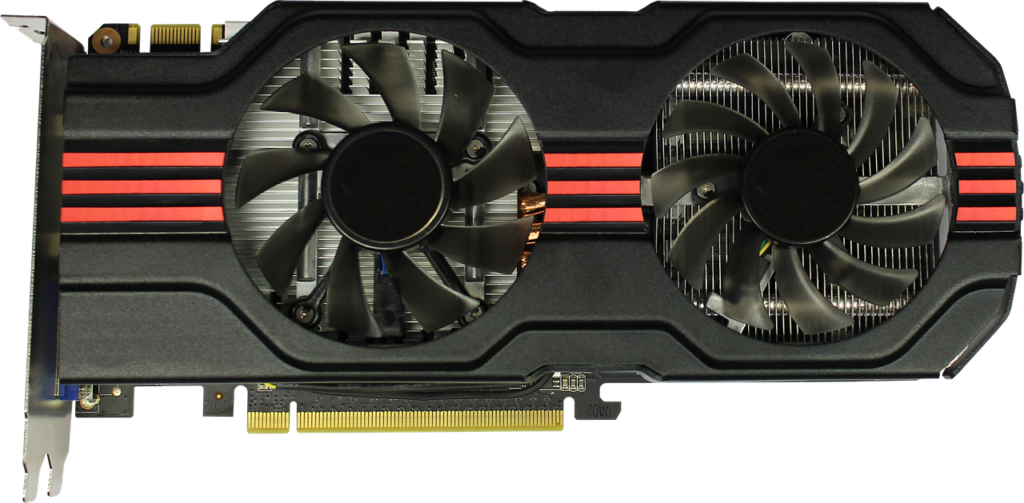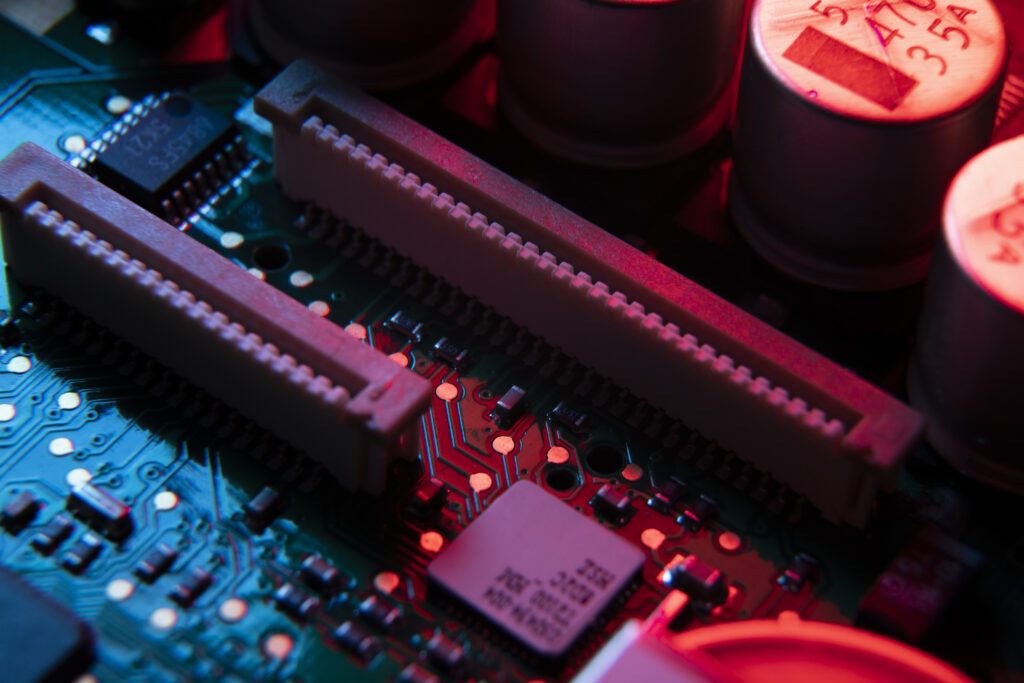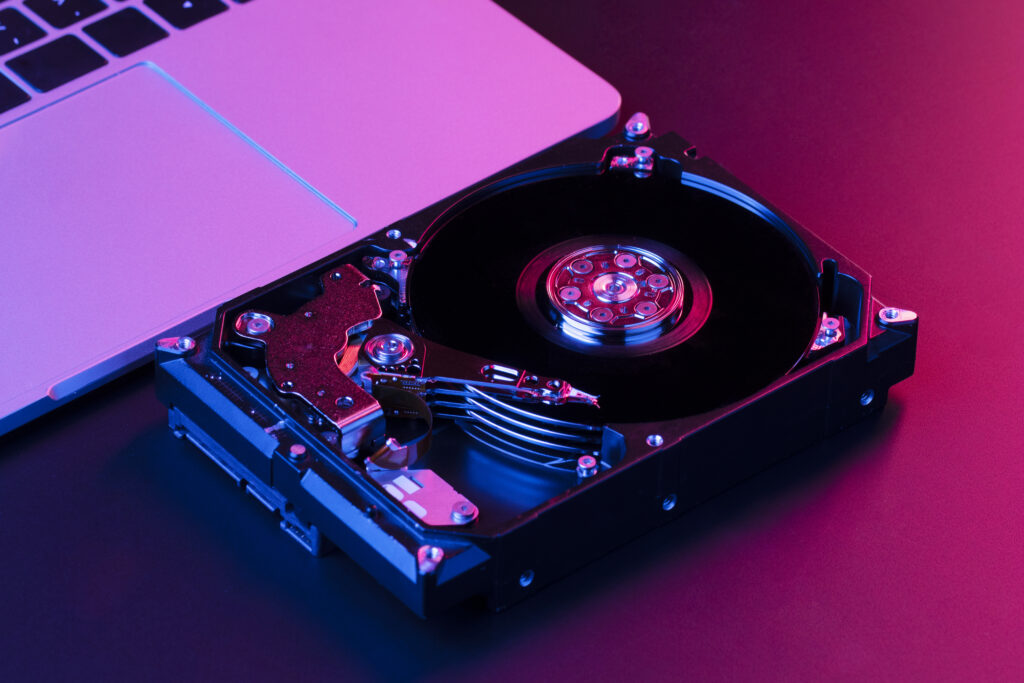Introduction
What is a gaming PC? A gaming PC is a specialized computer system designed specifically for gaming purposes, offering superior performance and graphics capabilities. In this article, we will explore what exactly a gaming PC is, its components, and why it is essential for avid gamers.
What is a Gaming PC?
A gaming PC, also known as a gaming computer, is a personal computer that is optimized for gaming performance. Unlike regular computers, gaming PCs are built with high-end components to deliver superior graphics, faster processing speeds, and smoother gameplay. These powerful machines are designed to handle the demanding requirements of modern games, providing an immersive and lag-free gaming experience.
Components of a Gaming PC
To understand the functionality of a gaming PC, it’s crucial to familiarize yourself with its key components. Here are the essential parts that make up a gaming PC:
1- Processor
2- Graphic Cards Unit(GPU)
3- Random Access Memory(RAM)
4- Storage
5- Motherboard
6- Power Supply
7- Cooling System
8- Peripherals
1. Processor (CPU)
The central processing unit (CPU) is the brain of a gaming PC. It handles all the calculations and instructions necessary for running games and other applications. For a gaming PC, a high-performance CPU is crucial to ensure smooth gameplay and quick processing of game data.

2. Graphics Card (GPU)
Graphics Processing Unit(GPU) or graphic card, is responsible for interpretation and displaying the visual elements of a game. A powerful GPU is essential for gaming PCs as it determines the quality of graphics and the smoothness of gameplay. Gaming enthusiasts often opt for dedicated gaming GPUs for the best gaming experience.

3. Random Access Memory (RAM)
RAM is the temporary storage space where the gaming PC stores data that it needs to access quickly. A higher amount of RAM allows the gaming PC to handle multiple tasks simultaneously and ensures smooth gameplay. For gaming PCs, it is recommended to have at least 8GB or more RAM for optimal performance.

4. Storage (Hard Drive or SSD)
Gaming PCs require sufficient storage to store game files, operating systems, and other applications. There are two fundamental types of storage options; hard disk drives (HDD) and solid-state drives (SSD). HDDs offer higher storage capacity at a lower cost, and SSDs provide faster data access speeds, reducing loading times in games. You can also have more storage in a gaming pc.

5. Motherboard
The motherboard is the main circuit board that connects and allows communication between various components of the gaming PC. It provides the necessary interfaces for connecting the CPU, RAM, GPU, storage devices, and other peripherals. Choosing a reliable and feature-rich motherboard is vital for a gaming PC.

6. Power Supply Unit (PSU)
The power supply unit is responsible for providing a steady supply of power to all the components of the gaming PC. It is crucial to select a high-quality PSU with sufficient wattage to meet the power requirements of the CPU, GPU, and other components under heavy gaming loads.
7. Cooling System
Gaming PCs generate a significant amount of heat due to the high-performance components. To prevent overheating and ensure optimal performance, a robust cooling system is essential. This typically includes a combination of fans, heat sinks, and liquid cooling solutions.
8. Peripherals
In addition to the core components, gaming PCs often require specific peripherals to enhance the gaming experience. These peripherals may include gaming keyboards, mouse, monitors, headsets, and controllers. Each of these peripherals is designed with features tailored to gaming needs.
Why is a Gaming PC Essential for Gamers?
Now that we understand what a gaming PC is and its components, let’s explore why it is essential for gamers.
1. Enhanced Performance
A gaming PC offers superior performance compared to regular computers. With powerful processors, high-end graphics cards, and ample RAM, gaming PCs can handle the demanding requirements of modern games. This results in smoother gameplay, faster load times, and overall better performance.
2. High-Quality Graphics
Graphics play a crucial role in gaming, providing an immersive visual experience. Gaming PCs are equipped with dedicated GPUs capable of rendering high-quality graphics, allowing gamers to enjoy stunning visuals and realistic details.
3. Customizability and Upgradability
One of the significant advantages of gaming PCs is their customizability. Gamers can build their gaming PC according to their specific preferences and requirements. Additionally, gaming PCs offer the flexibility to upgrade individual components over time, ensuring compatibility with new game releases and technological advancements.
4. Access to Exclusive Games
Certain games are exclusive to PC platforms, giving gamers access to a wide range of exclusive titles. From massive multiplayer online games (MMOs) to e-sports titles, gaming PCs open the door to a vast library of games that may not be available on consoles.
5. Modding and Game Customization
Gaming PCs provide the freedom to mod and customize games. Modding allows players to modify game content, add new features, and even create entirely new gaming experiences. This level of customization enhances the longevity of games and encourages creativity within the gaming community.
6. Multi-Purpose Functionality
While gaming is the primary focus of gaming PCs, they can also serve as capable workstations for other tasks. Whether it’s content creation, video editing, or running resource-intensive applications, gaming PCs offer the power and performance required for demanding tasks beyond gaming.
What is a gaming pc used for?
Gaming:
The primary answer to What is a gaming PC? or its purpose is to run video games efficiently and smoothly. It offers the necessary processing power, memory, and graphics capabilities to handle the latest game titles and render realistic visuals with high frame rates.
Enhanced Graphics:
A gaming PC utilizes dedicated graphics processing units (GPUs) that are specifically designed for rendering complex graphics. This enables gamers to enjoy detailed textures, realistic lighting effects, and smooth animations, enhancing the visual quality and overall immersion in the gaming world.
High Performance:
Gaming PCs are equipped with powerful processors, ample RAM, and fast storage drives to ensure smooth gameplay. They can handle resource-intensive tasks, such as physics simulations, artificial intelligence calculations, and multi-threaded processing, without experiencing significant slowdowns or performance bottlenecks.
Customizability:
Gaming PCs offer a high degree of customizability, allowing gamers to tailor their system according to their preferences and requirements. Users can choose specific hardware components, such as processors, graphics cards, and cooling solutions, to optimize performance and create a personalized gaming experience.
Online Multiplayer Gaming:
With the rise of online gaming, a gaming PC provides the necessary hardware and connectivity options to engage in multiplayer matches with players from around the world. It enables smooth online gameplay, minimizing latency and providing a competitive edge in fast-paced, multiplayer environments.
Content Creation:
Many gamers also use their gaming PCs for content creation activities, such as video editing, streaming, and 3D modeling. The high-performance hardware and graphics capabilities of a gaming PC make it well-suited for handling resource-intensive tasks involved in creating and editing multimedia content.
Virtual Reality (VR):
Gaming PCs are commonly used for virtual reality gaming experiences. VR headsets rely on powerful hardware to render and display immersive virtual environments, and gaming PCs provide the necessary computing power to run VR applications smoothly, delivering a realistic and interactive gaming experience.
What is the budget of a gaming PC?
The budget for a gaming PC can vary, significantly depending on several factors, including the desired performance, specific components, and personal preferences. Generally, gaming PCs can range from around $500 to several thousand dollars. You may concern about a budget-friendly gaming PC.
FAQs
Q: What is the cost of a gaming PC?
A: The cost of a gaming PC can vary depending on the specifications and components chosen. Entry-level gaming PCs can start from around $500, while high-end gaming PCs with top-of-the-line components can cost several thousand dollars.
Q: Can I use a regular computer for gaming?
A: While regular computers can run games to some extent, they may not provide the optimal gaming experience. Gaming PCs are specifically designed and optimized for gaming, offering superior performance, graphics capabilities, and customization options.
Q: Can I upgrade my gaming PC?
A: Yes, one of the advantages of gaming PCs is their upgradability. Gamers can upgrade individual components such as the CPU, GPU, RAM, or storage to keep up with the latest gaming requirements and technology advancements.
Q: Are gaming PCs only for hardcore gamers?
A: Gaming PCs cater to a wide range of gamers, from casual players to hardcore enthusiasts. Whether you enjoy playing AAA titles or indie games, a gaming PC can enhance your gaming experience by providing better performance, graphics, and customization options.
Q: How long will a gaming PC last?
A: The lifespan of a gaming PC depends on various factors such as component quality, usage, and technological advancements. On average, a well-maintained gaming PC can last anywhere from 3 to 5 years before it may require significant upgrades to handle newer games.
Q: Are gaming laptops a good alternative to gaming PCs?
A: Gaming laptops offer portability and convenience, but they generally have limitations in terms of performance and upgradability compared to gaming PCs. If portability is a priority, gaming laptops can be a viable option, but for the best gaming experience, a gaming PC is recommended.
Conclusion
In conclusion, after the above guide, you are now able to realize what is a gaming PC? its uses and its performance. A gaming PC is a specialized computer system designed to provide an exceptional gaming experience. With its powerful components, customizability, and high-performance capabilities, a gaming PC offers enhanced graphics, smoother gameplay, and access to a vast library of games. Investing in a gaming PC can significantly elevate your gaming experience.

